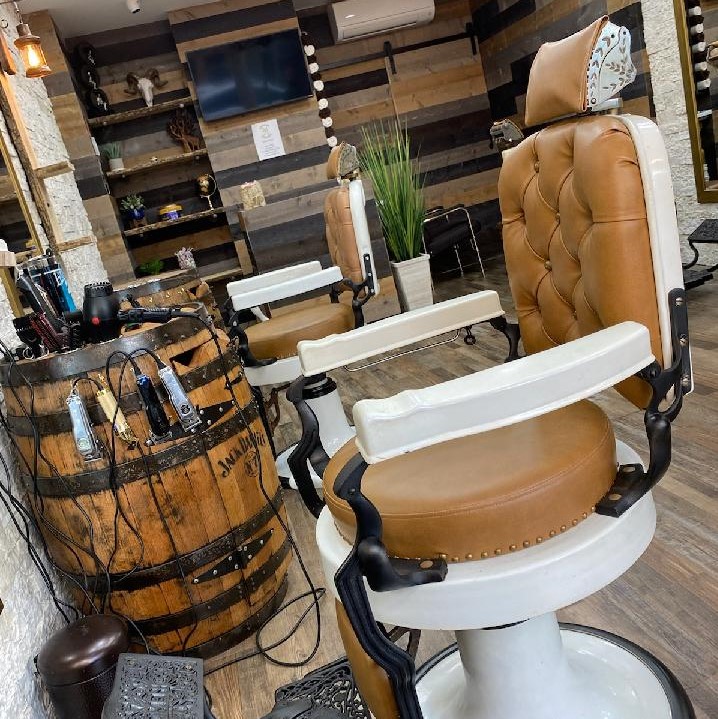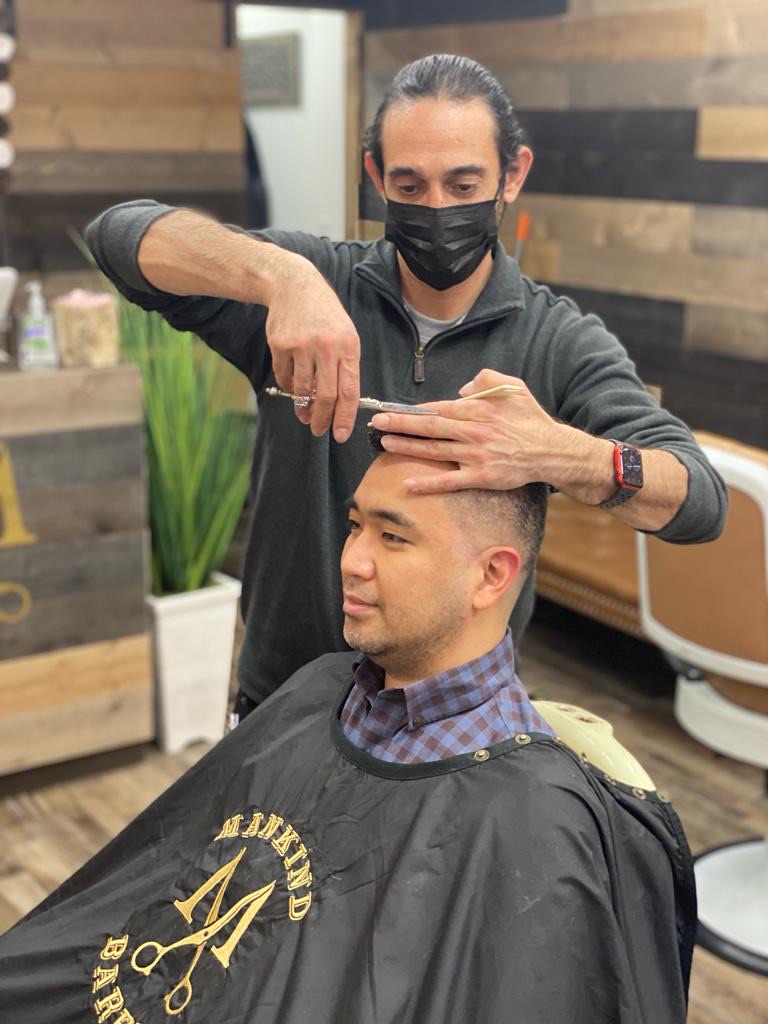Frequently Asked Questions
To maintain optimal beard health, it is generally recommended to wash the beard two to three times a week, striking a balance between cleanliness and preserving natural oils. Over-washing can strip the beard of essential sebum, leading to dryness, brittleness, and potential beard dandruff, while under-washing may result in the accumulation of dirt, bacteria, and excess oil, causing irritation and an unkempt appearance. Utilizing a gentle beard shampoo or cleanser specifically formulated for facial hair is crucial, as these products are designed to cleanse without causing damage or irritation to the sensitive skin underneath. Incorporating a beard conditioner or oil post-wash can further enhance hydration, promote softness, and improve manageability, ensuring the beard remains healthy, vibrant, and well-nourished. Regular grooming practices, such as combing and trimming, complement the washing routine by preventing tangles, split ends, and promoting even growth, contributing to the overall health and aesthetics of the beard.
Several natural oils are renowned for promoting hair growth in men, leveraging their rich nutrient profiles and therapeutic properties. Castor oil, abundant in ricinoleic acid, is known for its ability to enhance blood circulation to the scalp, thereby stimulating hair follicles and encouraging growth. Coconut oil, with its high lauric acid content, penetrates deeply into the hair shaft, reducing protein loss and providing essential moisture that prevents breakage. Rosemary oil, often used in aromatherapy, contains ursolic acid, which helps improve scalp health by increasing blood flow and reducing inflammation. Jojoba oil, closely resembling the natural sebum produced by the scalp, helps in unclogging hair follicles and maintaining a balanced scalp environment. Additionally, peppermint oil, rich in menthol, invigorates the scalp and promotes hair growth by increasing blood circulation. These oils, when used consistently, can significantly contribute to healthier, thicker hair by nourishing the scalp, strengthening hair strands, and preventing hair loss.
To prevent split ends in a beard, one should adopt a comprehensive grooming routine that includes regular trimming, deep conditioning, and proper hydration. Utilizing a high-quality beard oil or balm, rich in natural ingredients like argan oil, jojoba oil, and shea butter, can significantly enhance moisture retention and reduce brittleness. It's crucial to wash the beard with a gentle, sulfate-free beard shampoo to avoid stripping natural oils, followed by a nourishing conditioner to maintain softness and elasticity. Incorporating a wide-tooth comb or a boar bristle brush can help distribute oils evenly and minimize tangling, which often leads to breakage. Additionally, maintaining a balanced diet rich in vitamins such as biotin, vitamin E, and omega-3 fatty acids can promote healthier hair growth from within. Avoiding excessive heat styling and protecting the beard from harsh environmental factors like UV rays and pollution can further safeguard against damage. By adhering to these practices, one can effectively minimize the occurrence of split ends and maintain a healthy, robust beard.
The ideal frequency for trimming a beard to maintain its health and appearance largely depends on the individual's beard growth rate, style preferences, and personal grooming routine. Generally, most grooming experts recommend trimming a beard every 1 to 2 weeks to keep it looking neat and well-maintained. This regular trimming helps prevent split ends, reduces the risk of ingrown hairs, and maintains the desired beard shape, whether it's a full beard, goatee, or stubble. Incorporating a high-quality beard trimmer or scissors, along with a beard comb or brush, can enhance precision and ensure even trimming. Additionally, using beard oil or balm can nourish the facial hair and skin, promoting healthy growth and reducing itchiness. For those with faster-growing beards or more intricate styles, more frequent trims may be necessary to maintain the desired look. Ultimately, the key to a healthy beard lies in consistent grooming, proper hydration, and regular maintenance tailored to the individual's unique beard characteristics.
Diet plays a crucial role in the health of men's hair and beard, as it provides the essential nutrients required for optimal growth and maintenance. Proteins, such as keratin, are fundamental building blocks for hair and are synthesized from amino acids found in protein-rich foods like lean meats, fish, and legumes. Omega-3 fatty acids, abundant in foods like salmon and walnuts, contribute to hair follicle health and promote a lustrous sheen. Vitamins such as biotin (vitamin B7), found in eggs and nuts, and vitamin E, present in seeds and leafy greens, are vital for strengthening hair strands and preventing breakage. Minerals like zinc and iron, which can be sourced from red meat, spinach, and lentils, are essential for preventing hair loss and ensuring robust hair growth. Antioxidants, found in berries and green tea, help combat oxidative stress, which can damage hair follicles. A balanced diet rich in these nutrients not only supports the structural integrity and growth of hair and beard but also enhances their overall appearance and resilience.

